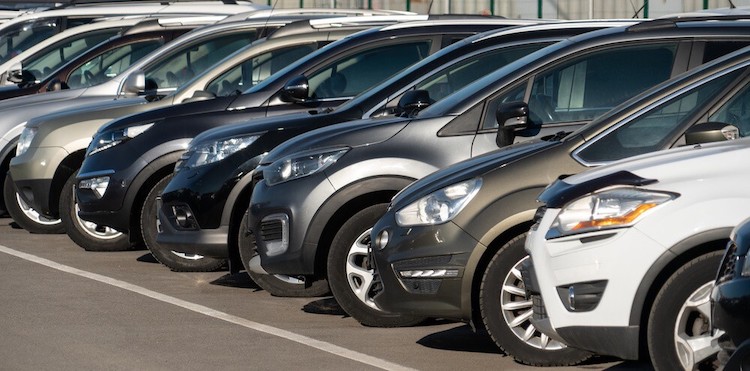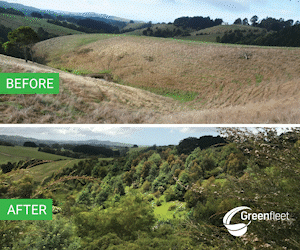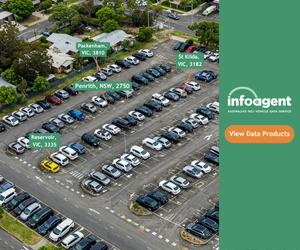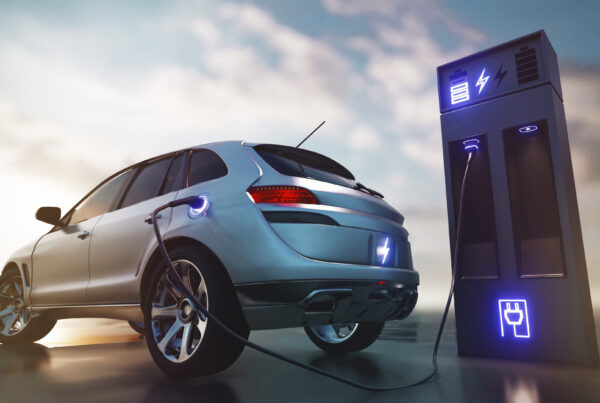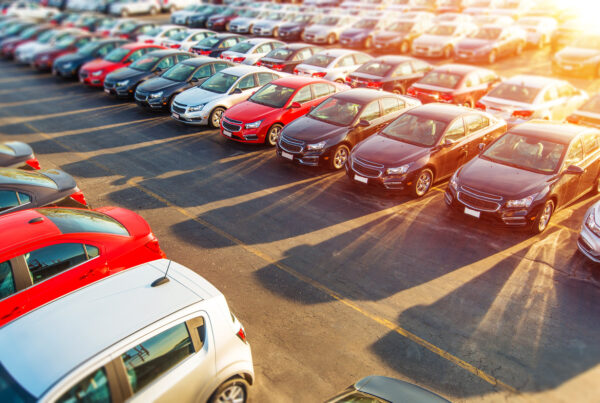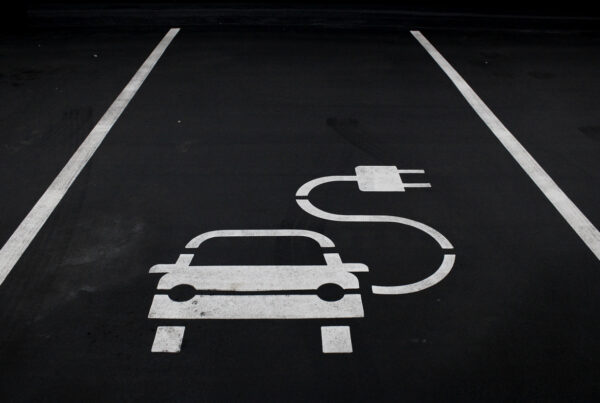Last week, the Federal Government announced that a New Vehicle Efficiency Standard will take effect on 1 January 2025. It will be setting targets for average emissions per kilometre for new vehicles sold.
The standard, which exclusively applies to new passenger and light commercial vehicles, is currently open for consultation.
In light of this, several key industry players have voiced their opinions on the matter.
Mixed Views from Industry Groups
The Federal Chamber of Automotive Industries (FCAI) said that the government must primarily consider the needs of the consumers.
“Most important is that Australian families and businesses can continue to access the style of vehicle that suits their needs for work and recreation,” said FCAI Chief Executive Tony Webber.
“On the surface, the targets seeking a 60 percent improvement in emissions are very ambitious, and it will be a challenge to see if they are achievable taking into account the total cost of ownership,” he adds.
The Australian Automotive Dealer Association (AADA) called the NVES targets “ambitious” and “will be difficult to achieve especially for Utes and large SUVs”.
“This could have consequences for affordability and vehicle choice,” said AADA CEO James Voortman.
“We are concerned that this policy goes too far too fast and that consumers will be the big losers, as will the local automotive businesses,” he said.
Meanwhile, in a press release, the Electric Vehicle Council (EVC) said that the NVES can “incentivise car manufacturers to ensure all new cars they sell, on average, meet benchmarks for efficiency.”
“Motorists will still have the choice to buy what they want, but they will be offered much better options to choose from,” said EVC Chief Executive Behyad Jafari.
The Climate Council, on the other hand, urged the government to hasten the NVES.
“This important announcement gets us off the starter’s grid and on the road to cheaper, cleaner transport,” said Climate Council Chief Executive Officer Amanda McKenzie.
“By giving Australians a better choice of cleaner, cheaper-to-run cars, a strong fuel efficiency standard will cut household costs and clean up our air,” she added.
Did you find this article interesting? Give it a ‘like’ by clicking the ‘heart’ button above.

